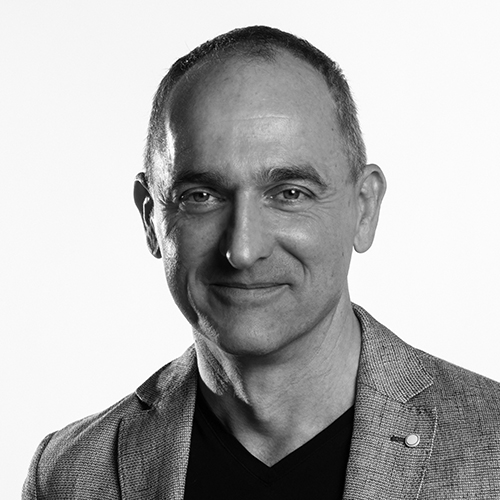Attila Vincze
Landscape Architect, Pagony Kft., HALA President
About the speaker
Attila Vincze is a founding member of the Pagony Landscape and Garden Architects Office. Over his 35-year career, he has focused on the relationship between settlements and landscapes, emphasizing the connection between humans and nature. In addition to planning green space projects, he is interested in urban planning and issues affecting large-scale green infrastructure. He played a significant role in introducing living willow architecture in Hungary. Over the past 15 years, his focus has increasingly shifted towards biodiverse plant design.
His notable works include the reconstruction and development of the Budapest Zoo Habitat, the design of the campus garden of University of Veterinary Medicine in Budapest, and the environmental development of some vineyards in Tokaj region.
He is the President of the Association of Hungarian Landscape Architects and is a curator for both the Hungarian Garden Heritage Foundation and the Ars Topia Foundation. As a member of Pagony Office, he has received several awards, including the Public Landscape Architect of the Year award, the Pro Architektúra award. He was awarded the Mihály Mőcsényi prize in 2023.
Beyond diversity
In this presentation, we will explore the professional interpretation of biodiversity and its relationship with ecological design. The goal is to engage the audience in a thought-provoking discussion.
Biodiversity is essential for creating healthy, adaptable, and economically sustainable green spaces. It serves as the crucial link between the natural landscape surrounding urban areas and the green spaces within them. This raises important questions: Are we working against nature, for nature, or with nature in the planning and maintenance of green spaces? How can we bridge green space maintenance with natural processes to enhance resilience against climate change? How can a richer engagement with time transform our modes of practice?
Time is a crucial dimension of both landscapes and design, yet our projects are often restricted by limited timelines. My objective includes emphasizing the importance of incorporating time as a critical factor in planning and advocating for a methodology that focuses on managing change and development. Responsible, conscious, and smooth planting planning and the introduction of a multistep implementation process are needed. During maintenance, the natural change processes in green spaces should be supported and guided rather than hindered. This requires integrating time as a requirement in landscape planning methodologies and plan content.
By preparing maintenance plans that allow for dynamic changes in plant communities, we can provide guidelines for intervention intensity and timing. Additionally, we should offer strategies to limit human ’maintaining’ presence to prevent degradation processes.
Reforming green space maintenance is essential for long-term successful projects.
